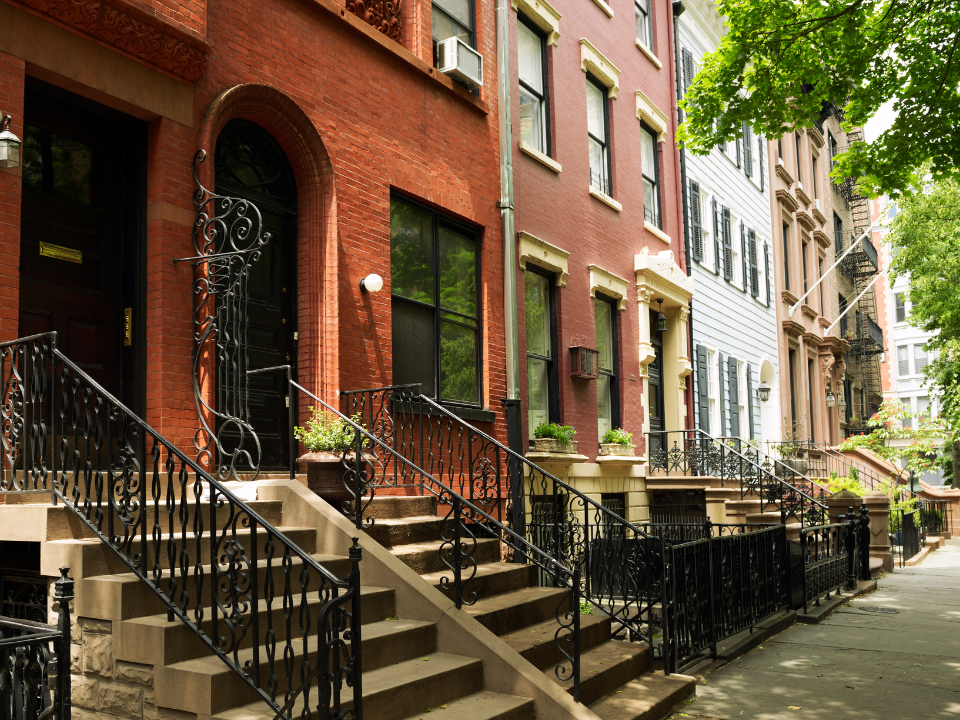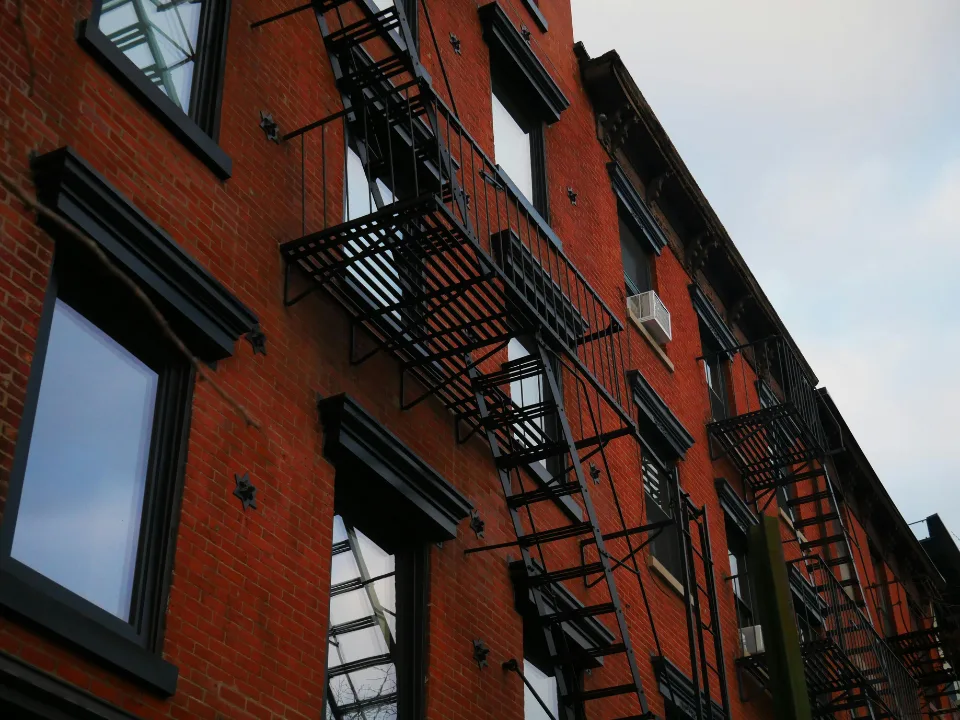- Manhattan’s median rent fell 3.5% YoY in August to $4,245, marking the third annual decline in four months.
- Affordability concerns have driven tenants to resist higher asking rents, with Brooklyn and Queens seeing rent drops of 5% and 9%.
- Anticipated rate cuts may further lower rents as many renters transition to homeownership, leading to more vacancies.
According to The Real Deal, New York City’s rental market saw a shift in August as rising rents finally exceeded what residents were willing to pay.
By The Numbers
Big Apple rents officially grew too damn high last month, leading to median rents falling across the city.
- Manhattan’s median rent dropped 3.5% YoY to $4,245, according to a Douglas Elliman report by appraiser Jonathan Miller.
- Brooklyn and Queens also reported sharp declines of 5% and 9%, respectively, as tenants resisted unsustainable housing costs.
Reaching The Breaking Point
After years of rapid rent growth outpacing wage growth, NYC tenants reached a breaking point last fall, refusing to accept higher housing costs.
While rents had previously hovered near all-time highs, landlords are now feeling the impact. Falling affordability has put downward pressure on citywide rents, with tenants opting to stay put or negotiate lower prices.
Falling rents are most evident in Manhattan, where rents fell for the third time in four months, signaling the end of the city’s rent boom.
Impact of Rate Cuts
The Federal Reserve’s expected interest rate cuts could make Big Apple rents fall even faster. Lower mortgage rates, which have already dropped to a 19-month low, may encourage more renters to become homeowners.
The Mortgage Bankers Association recently reported a two-month high in home purchase applications as house hunters pounced on slightly lower mortgage rates. This could lead to more vacancies in the multifamily market, softening prices and hurting landlord revenues.
Still Too Damn High
Despite the recent rent drops, Manhattan rents are still historically high—21% above pre-pandemic levels in 2019, in fact.
While the outlook for the rest of the year suggests softer rents, tenants shouldn’t expect significant relief anytime soon. The city’s tight housing supply is likely to keep prices elevated, barring a recession or major economic downturn.
According to Miller, “It’s not that rents will fall sharply, but the outlook for the rest of the year is softer price trends,” meaning landlords may need to adjust their expectations as the rental market cools.

















